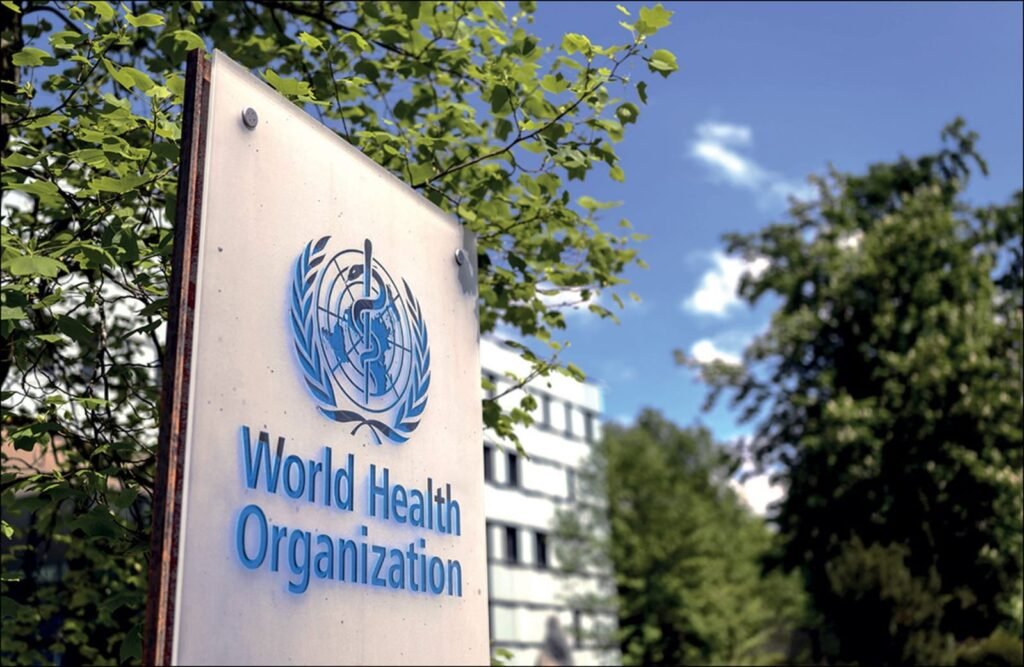The World Health Organization (WHO) has raised concerns about tainted syrups and suspension medicines discovered in regions spanning the Americas, Eastern Mediterranean, South-East Asia, and the Western Pacific.
The culprit behind these contaminated products is Pharmix Laboratories, a pharmaceutical company based in Pakistan. Initially detected in the Maldives and Pakistan, these compromised medications have also surfaced in Belize, Fiji, and Laos. Pharmix has yet to provide a statement regarding the situation.
These medications, meant to address various conditions, contained unsafe levels of ethylene glycol, according to the WHO. This alert follows a series of warnings from the WHO regarding similarly tainted medicines from India and Indonesia, which were implicated in the tragic deaths of around 300 children worldwide last year.
While no adverse events related to the Pakistan-made syrups have been reported to the WHO, the agency emphasizes the need for heightened vigilance. Countries are urged to test products manufactured by Pharmix between December 2021 and December 2022.
READ MORE: Consuming flaxseed may boost gut health, prevent risk of breast cancer
The contamination was initially discovered in Alergo syrup during routine checks by the Maldives Food and Drug Authority in November. Subsequent confirmation came from the Australian regulator.
Upon further investigation at Pharmix facilities by the Drug Regulatory Authority of Pakistan, it was found that several other products were also contaminated. The company was instructed to halt production of all oral liquid medicines and issued a recall alert in November.
The affected batches include Alergo syrup, Emidone suspension, Mucorid syrup, Ulcofin suspension, and Zincell syrup, totaling 23 batches, according to the WHO. Notably, only Alergo has been found outside of Pakistan so far. The contamination levels ranged from 0.62% to 0.82%, surpassing the accepted limit of 0.10%, as stated in the alert. These products, designed to address allergies, coughs, and various health issues, are deemed unsafe by the WHO. The organization warns that the use of these substandard products, particularly in children, may lead to serious injury or even death.


